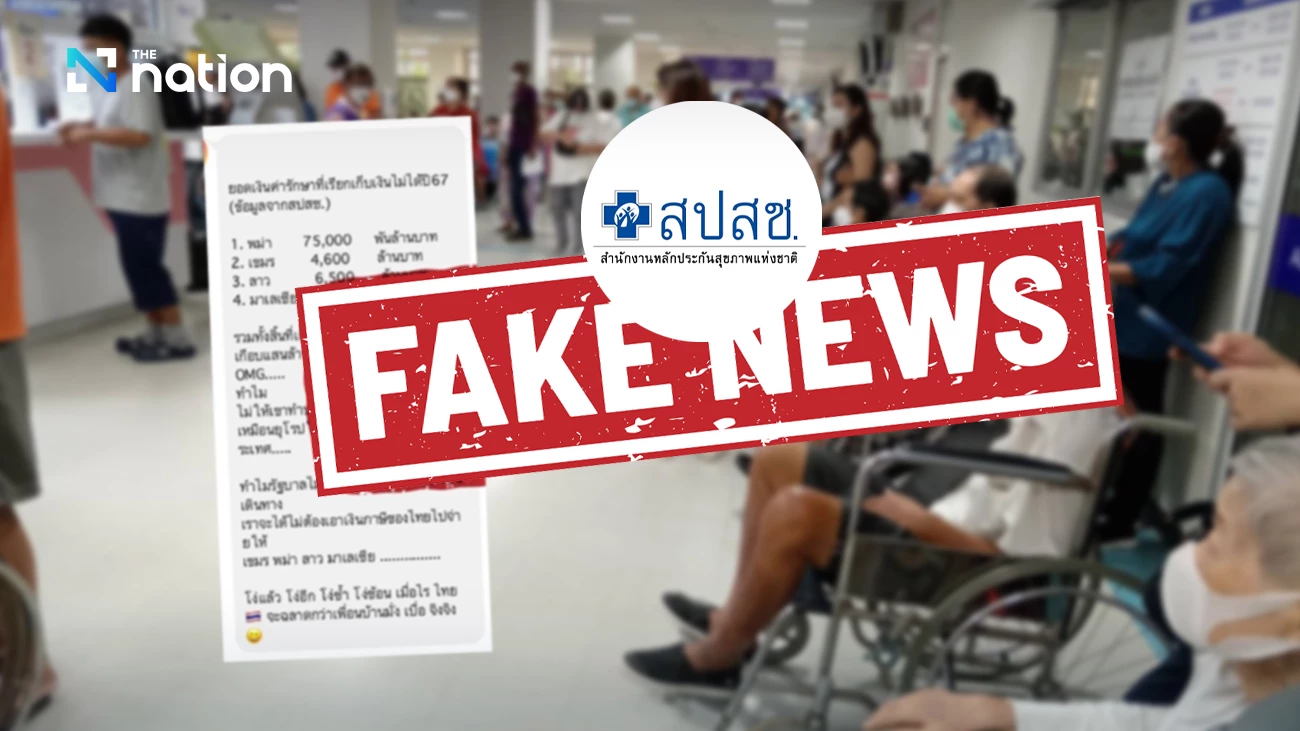War Drums Echo: Thai-Cambodian Border Crisis Escalates Amidst Accusations and Diplomatic Maneuvers

Tensions between Thailand and Cambodia have escalated amidst a flurry of accusations, diplomatic efforts, and reports of border violations. Thailand's Ministry of Foreign Affairs (MFA) has vehemently denied claims circulating on social media, reportedly cited by Cambodia’s Minister of Information, that Thailand plans to assassinate Cambodian leaders Hun Sen and Hun Manet. Nikorndej Balankura, Director-General of the Department of Information and MFA Spokesperson, dismissed these allegations as unfounded defamation, emphasizing that such disinformation undermines ongoing General Border Committee (GBC) discussions aimed at peaceful resolution.
Despite a 13-point ceasefire agreement signed during a GBC meeting in Malaysia on August 7, provocations and disinformation continue. The Thai MFA has accused Phnom Penh of a sustained disinformation campaign and of undertaking actions contrary to its public commitment to a bilateral ceasefire. Alleged ceasefire violations by Cambodia include laying new landmines, using drones for harassment, inciting citizens to protest at the border, and deploying powerful improvised explosive devices (IEDs) on the Thai side of the frontier.
The issue of landmines is particularly contentious. The Royal Thai Army (RTA) led an ASEAN Interim Observation Team (IOT) to the Thai-Cambodian border to monitor alleged breaches of international law. This followed visits by ASEAN envoys and representatives from countries that ratified the Ottawa Convention—which bans anti-personnel mines—to Si Sa Ket province, where they observed evidence of landmines allegedly laid by Cambodian troops and interviewed affected residents. The Thai government plans to share video and photo evidence of Cambodia laying landmines with international bodies in Geneva. Additionally, the International Committee of the Red Cross (ICRC) visited Surin, Si Sa Ket, and Ubon Ratchathani provinces to assess the humanitarian impact of cross-border attacks on civilians, compiling a confidential report for both nations.
Another significant point of friction is the situation at Ban Nong Chan village in Sa Kaeo, which Thailand alleges is an instance of Cambodian encroachment on Thai soil. Historically, Ban Nong Chan served as a temporary shelter for Cambodian refugees fleeing the Khmer Rouge in 1977. Thailand maintains that Cambodia exploited this humanitarian aid, with refugees refusing to return home and expanding their community, now numbering nearly 200 homes, and claiming the area as Cambodian sovereign land. Thailand has erected razor wire within its own territory to prevent further encroachment and protect against attacks, insisting this does not violate GBC agreements. Cambodia, however, has pressured Thailand to dismantle these fences and continues to reject Thailand’s border demarcation claims.
In response to these developments, Acting Prime Minister Phumtham Wechayachai stated that the National Security Council (NSC) resolved to file criminal and civil lawsuits against Hun Manet and Hun Sen in Thai courts for causing deaths, injuries, and property damage to Thais. Furthermore, academics may submit a proposal for the government to consider suing the Cambodian leaders as war criminals in the International Criminal Court (ICC).
The prevalence of false reporting related to the border conflict has also been highlighted. The Ministry of Digital Economy and Society (DES) reported that eight out of the top ten fake news items reviewed last week concerned the Thai-Cambodian border situation, underscoring a significant
You may also like...
Crawford's Terrifying Transformation Fuels Canelo Showdown: Eubank Jr. Lurks

Two of boxing's elite, Canelo Alvarez and Terence Crawford, are set to clash on September 13 to determine the top pound-...
Fever's Caitlin Clark Faces Extended Absence, WNBA Playoff Hopes Dwindle

Indiana Fever star Caitlin Clark's 2025 WNBA season has officially ended due to a right groin sprain, concluding an inju...
007 Frontrunner Shakes Up Casting Race, Declines Iconic Role!

Step into the life of Mike Dickman, a rising British actor making waves in Hollywood, who finds himself unexpectedly ent...
Iconic Sith Lord's Lightsaber Smashes Records at Auction!

Darth Vader's original lightsaber from "Star Wars: The Empire Strikes Back" and "Return of the Jedi" has sold for an unp...
African Music Powerhouses Dominate: Davido, Burna Boy & More Lead AFRIMA 2025 Nominations

The 2025 All Africa Music Awards (AFRIMA) has announced a record-breaking list of nominees, with Nigerian stars Burna Bo...
R&B/Hip-Hop Royalty Rocks NYC: Leon Thomas, GELO & Ravyn Lenae Ignite Billboard's Live Concert

Webster Hall was transformed into a vibrant scene for the Billboard R&B/Hip-Hop LIVE concert on September 5, showcasing ...
Shocking Allegations: Alexander Brothers Case Explodes with Accuser Stories and Lawyer Denials

Luxury real estate moguls Oren, Alon, and Tal Alexander face sex trafficking charges and accusations of rape and sexual ...
Rocker Rumble: Oasis Reunion Plagued by Ticketmaster Legal Battle

Oasis is set for a monumental reunion tour in 2025, with bassist Andy Bell confirming his return and a global schedule o...
